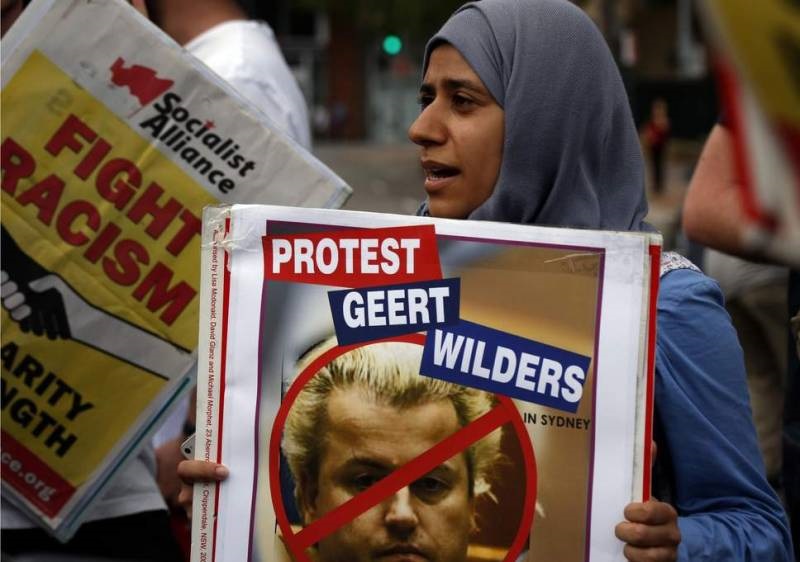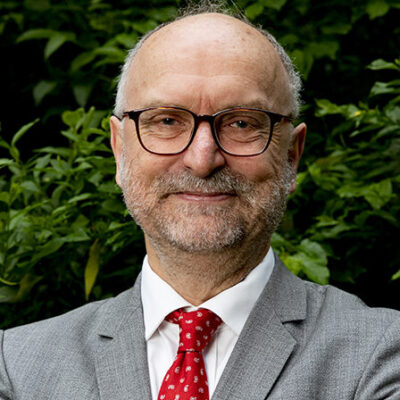
The extra-secure court near Amsterdam’s Schiphol Airport will Monday again be the scene of a trial in absentia against two Pakistani Islamic ideologists. The two men are charged after issuing a fatwa against right-wing politician Geert Wilders. No longer does a Western nation-state - in this case, the Netherlands - sit idly by as one of its citizens falls victim to a murder call from another country.
By Arthur Blok & Paul Cliteur
As the Dutch leader of the Dutch Freedom Party (with 37 seats, the largest party in the Dutch 150-seat parliament) wrote, it is a historical process. It illustrates that a murder call abroad is considered a form of murder with a terrorist motive under Dutch law. A form of jihadist terrorism.
In a statement, the court said that the Public Prosecution Service (OM) had asked the authorities in Pakistan to extradite the suspects. The two suspects - 55 and 29 years old - are suspected of publicly calling on people to kill Wilders and promising them a reward in the afterlife if they did so.
The Pakistani ideologues would see it as their 'religious duty' to punish Wilders for his blasphemy. Their view is that their religious law takes precedence over Dutch law.
In 2023, Pakistani cricketer Khalid Latif was sentenced to 12 years in prison in absentia by the Hague court, also for calling for the murder of Wilders. The reason for Latif's call was the PVV leader's intention, in 2018, to organise a cartoon competition about the Prophet Mohammed. Latif made the call using a video message posted online.
Wilders has been in a situation comparable to Rushdie's for over twenty years. Nation-states must stand up for their citizens and hold the aggressors accountable. Only in this way can states from which these aggressors operate—in the case of Wilder's Pakistan—be held responsible to act.
The fact that the Dutch Public Prosecution Service is retaking this step and resorting to this unique form of prosecution, with a trial in the absence of both suspects, can be seen internationally as a new approach that other countries will probably adopt. Fatwas containing the judgment that a critic of Islam or the prophet should be killed based on Islamic sacred law (Sharia) constitute a significant problem.
The case is underway in the United States against Hadi Matar, an American citizen who invoked Khomeini's 1989 fatwa on Rushdie. Rushdie should be killed, according to Khomeini. On August 12, 2022, during a literature festival near New York, Matar stepped onto the stage with a knife and stabbed it into Rushdie's neck. Rushdie, since left with one eye and partially disabled (fortunately not dead), was confronted with the fact that 33 years after it was issued, the fatwa still poses a great danger to the potential victim whose death is desired (if not ordered).
Wilders has been in a situation comparable to Rushdie's for over twenty years. Nation-states must stand up for their citizens and hold the aggressors accountable. Only in this way can states from which these aggressors operate—in the case of Wilder's Pakistan—be held responsible to act.





